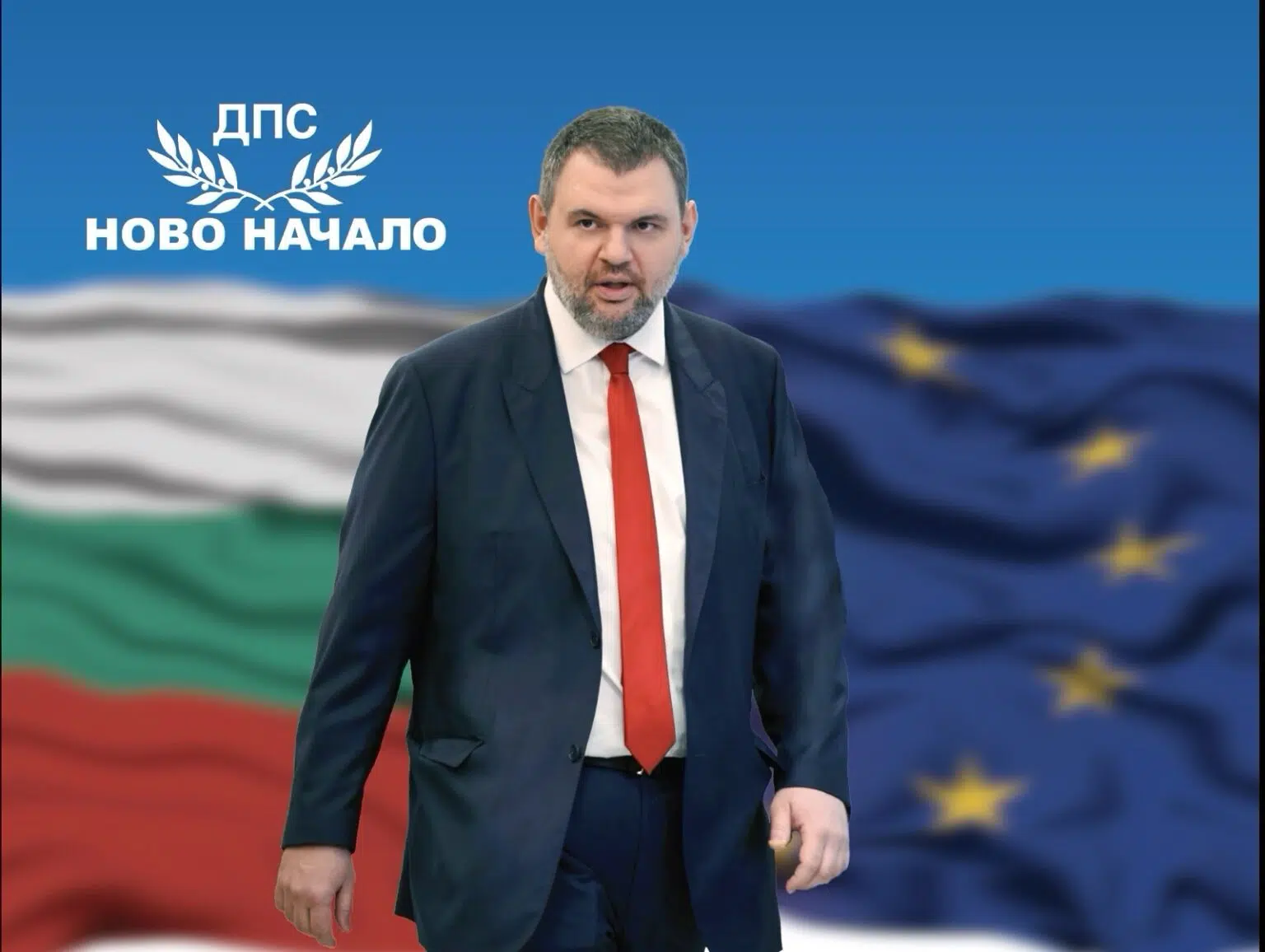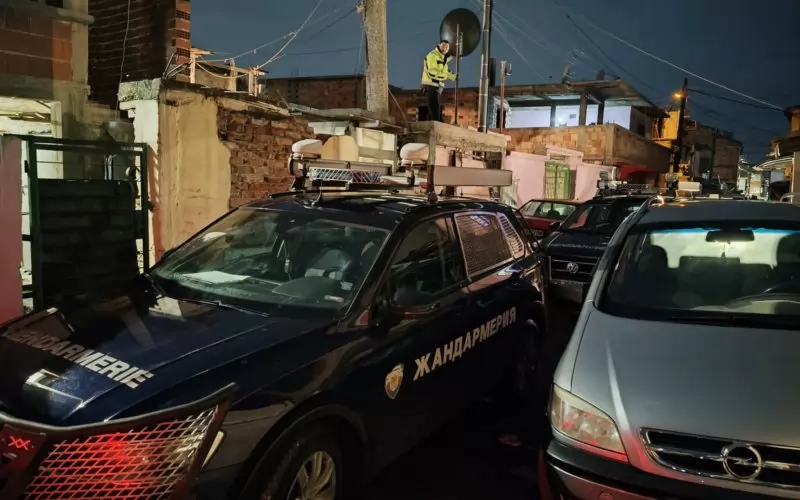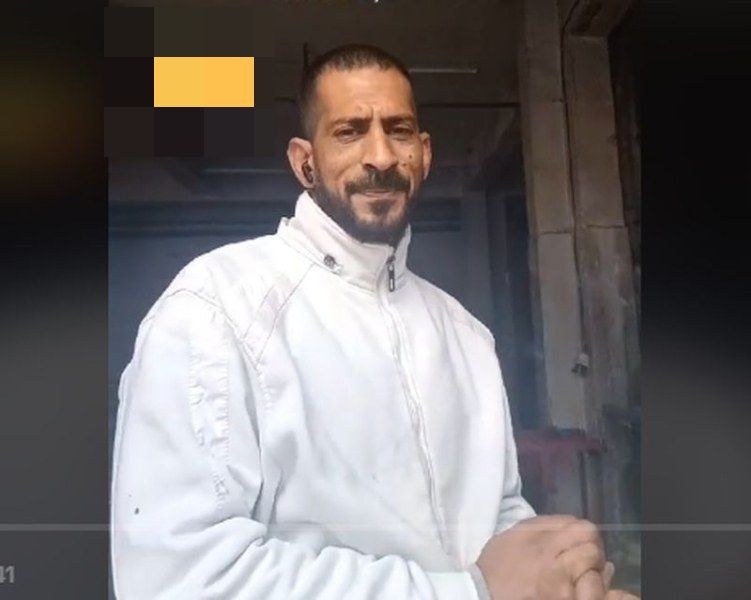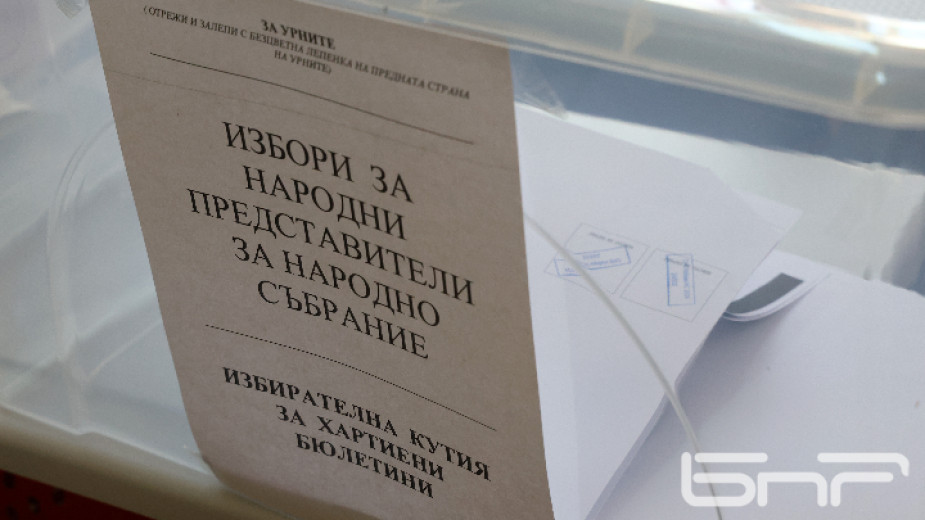Mappes-Niediek (2014) takes a dispassionate look at immigrants from South East Europe who are settling down in Germany. He tries to draw a differentiated picture of the reasons for their migration, which lies beyond simple generalizations. Poor Rroma from Southeast Europe don’t migrate to Western Europe or Germany with the aim to abuse the local social welfare system. They come with the aim to lead a life in dignity. Their own family and close friends provide a social safety network, on which one can rely on during hard times: “The poverty immigrants from Romania and Bulgaria don’t come here because of the social benefits in Germany, but because you can live a better life here. They come with their families and with close friends. [ … ] The poorest of the poor who live in Romania, mainly in rural areas, mostly don’t migrate at all.” Mappes-Niediek then turns against the widely held view that education is the key to solving most problems. Education only brings something, the author states, if Rroma are allowed to integrate into the economy and the economy offers enough available jobs. Otherwise, a university degree doesn’t helps to improve one’s situation: “Education is not the key, or at least not there where the poverty immigrants come from. Everywhere in Eastern and South-Eastern Europe the relationship between education and a good life is broken, and indeed for everyone, not only for the Roma. An entire generation has made the experience that education doesn’t help in anything. They have seen it with their parents. The father was an engineer, his mother a Russian teacher. Today, the mother goes to clean and the father is drinking […].” With these statements, Mappes-Niediek takes a pessimistic view at the stagnant economies of many countries of the former Eastern bloc. The denial of benefits and possibilities to integrate is said to create what many want to prevent: slums, problems, crime. Mappes-Niediek takes a dispassionate look at the debate about poverty immigrants from Eastern Europe. However, he also perpetuates ideas of mainly impoverished, marginalized Rroma, as they are spread by the mass media and therefore established and culturalised.
This view contrasts with the short article in the Frankfurter Allgemeine Zeitung, which focuses on the work of the social worker Lucia Bleibel with immigrant Rroma. Bleibel grew up in Slovakia and speaks Rromanes and Romanian. On behalf of the Internationale Bund and the city of Hanau she takes care of the integration of marginalized Rroma in the Hessen town. Bleibel’s task is to remind the immigrants of the compulsory schooling, the German health care system and the compliance with general rules. The short text focuses entirely on the visible, impoverished Rroma and thereby keeps politicized notions of cultural alterity upright, despite or perhaps because of its emphatic perspective on the topic (Glaser-Lotz 2014).
- Glaser-Lotz, Luise (2014) Einsatz für Roma-Kinder. In: Frankfurter Allgemeine Zeitung online vom 7.2.2014. http://www.faz.net/aktuell/rhein-main/streetworkerin-in-hanau-einsatz-fuer-roma-kinder-12791076.html
- Mappes-Niediek, Nobert (2014) Warum wir die Roma nicht verstehen. In: Frankfurter Rundschau online vom 12.2.2014. http://www.fr-online.de/flucht-und-zuwanderung/armutszuwanderung-warum-wir-die-roma-nicht-verstehen,24931854,26170222.html







